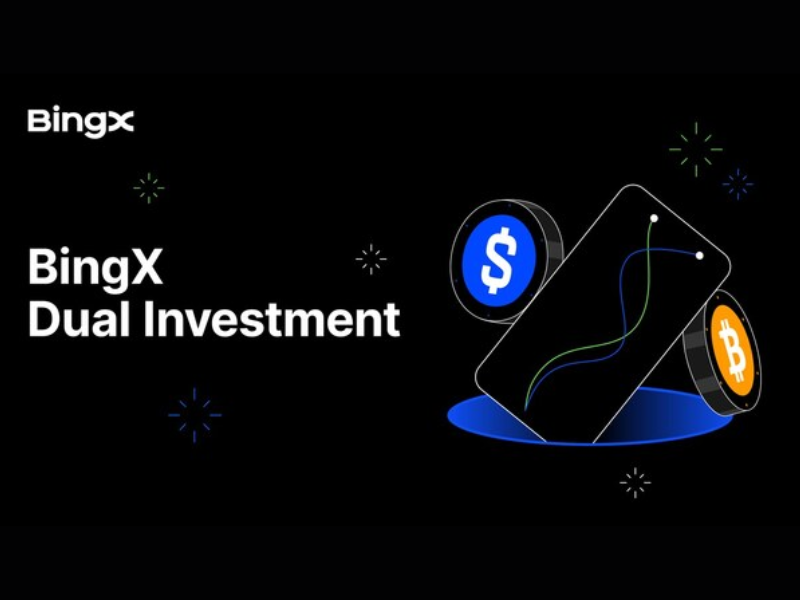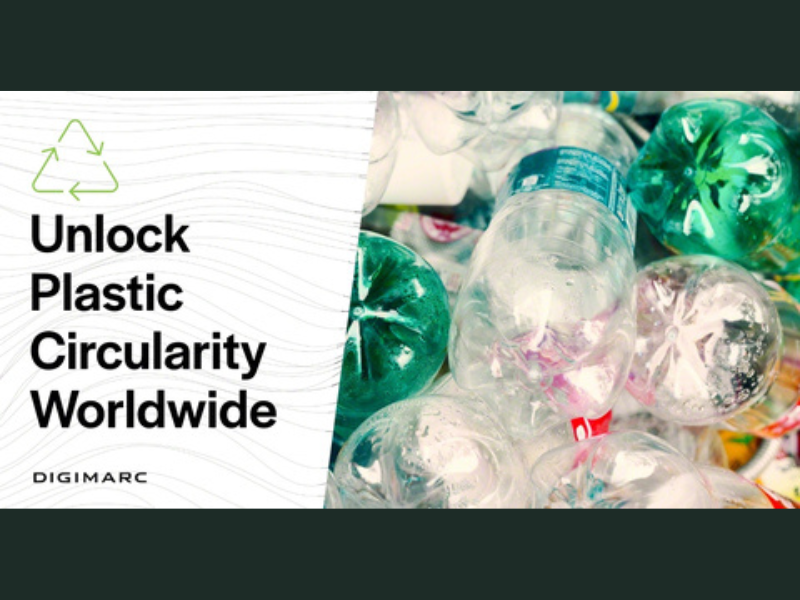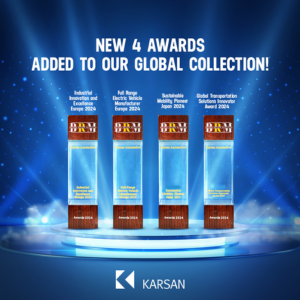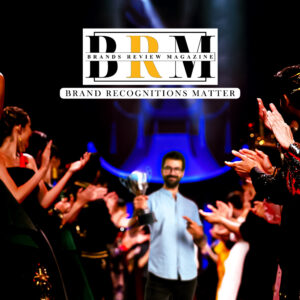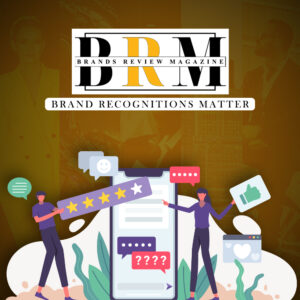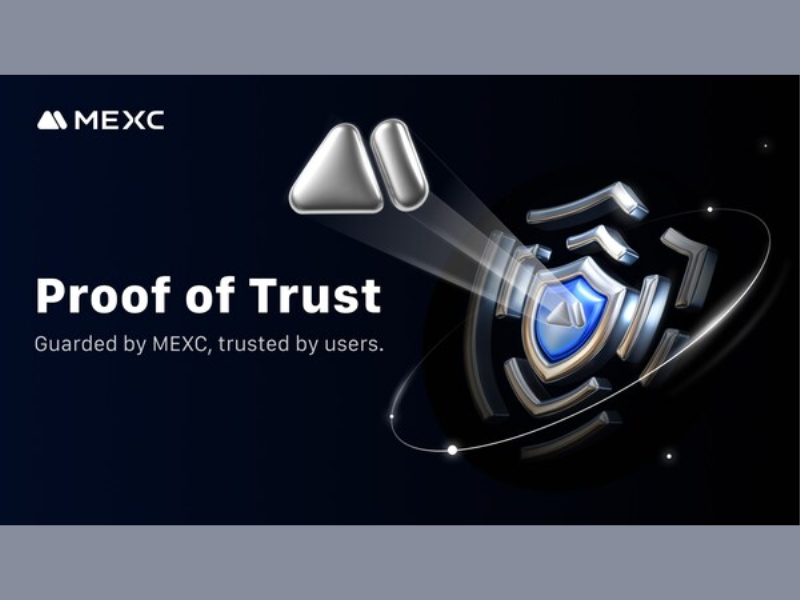Digimarc Corporation (NASDAQ: DMRC), the pioneer and global leader in digital watermarking technologies, recently announced the general availability and accessibility of Digimarc Recycle following successful pilots and testing in multiple countries. Digimarc Recycle represents a revolution in the sorting and recycling of plastic waste and has the potential to measurably advance the fight against plastic pollution. This proven technology can now be licensed by qualified partners for less than $1 per head per year.
“After another year of lots of words and little action to end plastic pollution, we are expanding our reach across all stakeholders and regions to encourage partners in the U.S. and around the world to support our efforts to protect the planet said Riley McCormack, President and CEO at Digimarc. “Today’s announcement makes the technology that enables necessary changes accessible and affordable to numerous partners across the recycling ecosystem without further delay.”
Outlook on the plastic recycling sector
In the US, the existing plastic recycling ecosystem is not working as only 5 to 9% of plastics are fully recycled in the US each year. Almost all plastics in the USA are therefore disposed of as waste. In 2021 alone, 51 million tons of plastic waste was generated in the USA.
One of the main reasons for the global difficulties in recycling plastics lies in the large number of plastic variants used by the industry and the limits of optical sorting technology in recycling plants. Plastic packaging includes a wide range of types – from food-grade and skin-contact plastics to industrial plastics – and often consists of multiple materials and layers, making sorting even more difficult. Current sorting technology can only reliably identify some of the materials contained, but not the grade or complex composition of most plastics to be sorted. Therefore, sorting based on specifications that would ensure the preservation of the value of the plastics is currently not possible, for example by testing whether a plastic is suitable for food. This is the prerequisite for a true circular economy. These restrictions discourage manufacturers from purchasing and using recycled plastic because they are unable to specifically purchase the types and specifications of plastic they need.
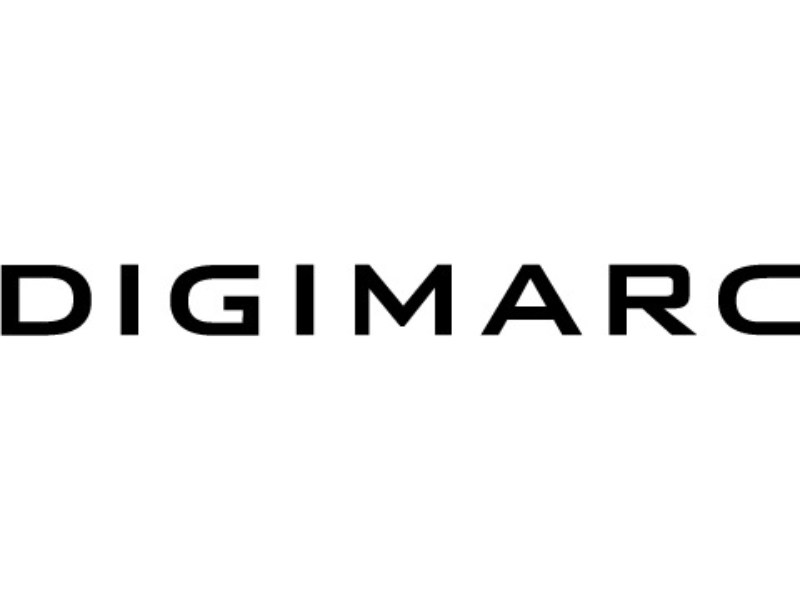
Digimarc Recycle overcomes this hurdle with hidden digital watermarks applied to plastic packaging. These are linked to product information: the composition of the packaging, the food grade of the plastic, the product variant, the brand, the SKU and other information. Using digital watermarks, rather than relying solely on optical sorting, helps guarantee the variety, quantity and quality of recycled plastics necessary for a truly circular economy. Roland Berger praises Digimarc’s digital watermarking technology as a sorting technology that can “significantly improve recycling yield and quality” – and describes recyclates as the “new gold”.
Digimarc Recycle enables precise granule sorting of plastics, improving manufacturers’ ability to purchase and reuse high-quality recycled plastic that rivals virgin plastic in quality. Digimarc’s digital watermarking technology achieves this goal by deterministically identifying plastic packaging at any desired level of granularity, including brand, SKU, SKU variant, batch/lot, or even serialized items. Comparable performance is not possible with current optical sorting technology or with other proposed next-generation technologies. Digimarc Recycle helps manufacturers further reduce the use of virgin plastics and enables the application of extended producer responsibility (EPR) to combat the growing problem of plastic waste.
“If we want manufacturers to buy recyclates instead of continuing to use virgin plastics, we need to improve the quality of plastics produced in today’s recycling facilities and provide a closed-loop recycling option that can stand the test of practice. This is exactly where Digimarc comes in,” says McCormack. “Digital watermarking is a powerful, proven and surprisingly affordable solution to the problem of plastic pollution and is available now. We now have the choice to continue to just talk about possible solutions or to implement concrete steps. Our offer to license this groundbreaking technology to partners worldwide reflects our belief that now is the time to act.”



